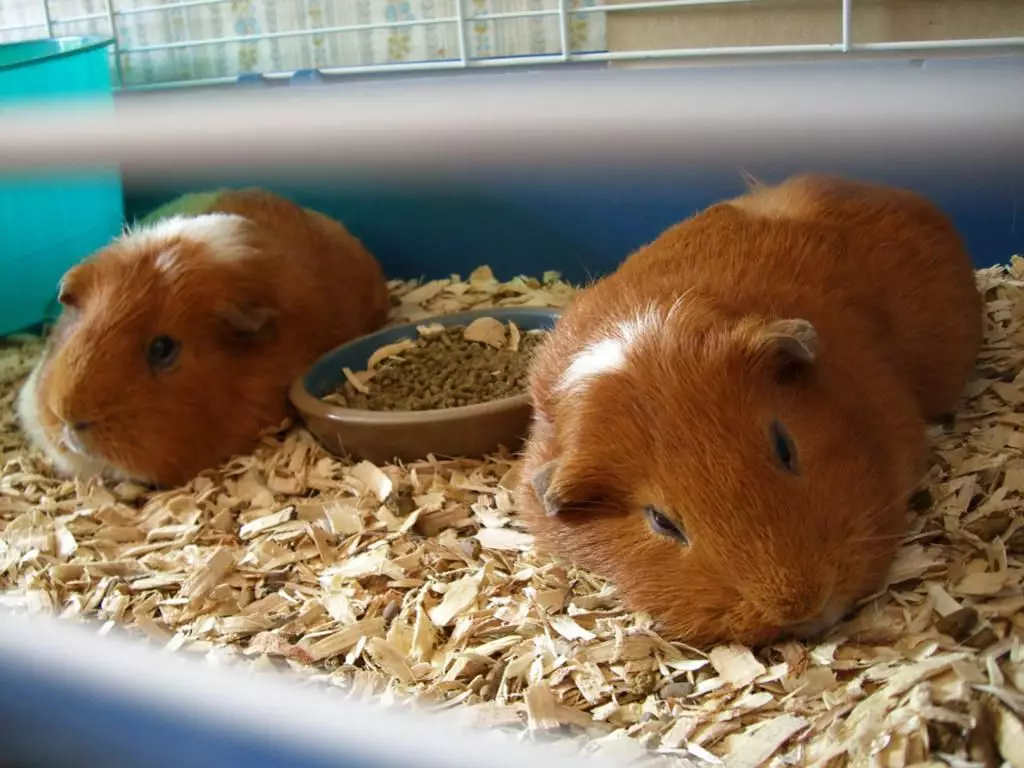The choice of bedding for our pets is a critical decision that can significantly impact their health and overall well-being. While cedar chips and pine shavings have been traditional choices for bedding in many pet owners’ households, ongoing discussions about their safety raise important questions. This article seeks to dissect the potential risks associated with these materials, examine the findings from existing studies, and explore alternative bedding options that may be safer for our beloved exotic pets.
Cedar and pine, both softwood materials, have garnered popularity among pet owners for their pleasant aroma and natural insect-repellent properties. Cedar chips, in particular, have been associated with repelling pests like lice, making them an attractive option for many. Their appealing smell comes from volatile organic compounds, including aromatic hydrocarbons and phenols. However, while these attributes make cedar and pine appealing, they may harbor hidden dangers for pets, especially in enclosed habitats.
Research has surfaced linking the volatile compounds emitted by cedar chips and pine shavings to a range of health issues. These include respiratory problems such as asthma and allergic reactions, as well as potential changes in liver function. Although most of the related studies have focused on humans, particularly those working in industries involving wood products, there are significant implications for pets that warrant attention.
Existing studies often fail to address the specific conditions of pet exposure compared to human industrial exposure. Pets commonly live in enclosed spaces where the concentration of harmful compounds can accumulate more than in environments to which humans are exposed in lumber mills. Although findings from research on laboratory animals suggest troubling alterations in liver enzyme levels linked to cedar bedding, the transferability of these findings to common pet species remains uncertain.
Veterinary experts urge caution in the use of cedar, recommending that pet owners consider the potential risks associated with it. With the availability of varied and safer bedding options, it seems prudent to minimize any risk posed by cedar shavings altogether.
Unlike cedar, pine shavings present a more nuanced picture when it comes to their potential risks. While they emit similar volatile compounds, the consensus on their safety isn’t as clear-cut. Variants like kiln-dried pine shavings have undergone heat treatment designed to reduce harmful levels of these compounds, potentially making them safer for pet use. Yet, anecdotal reports from pet owners suggest that certain pets might still exhibit skin irritations or allergy symptoms when using pine shavings.
The uncertainty surrounding pine shavings complicates decision-making for pet owners. Although better options are available, understanding the individual sensitivities of each pet is crucial in determining the most suitable bedding choice.
As the dialogue surrounding pet bedding safety continues, a surge of alternative products has emerged in the market, providing pet owners with a wider range of options. One of the more favorable substitutes is aspen shavings. Aspen offers a soft, comfortable environment without the risks associated with the volatile compounds found in cedar and pine, making it a worthy choice for bedding.
Moreover, a plethora of modern bedding products made from different materials are available today. These range from paper-based pellets and absorbent fluff, like Carefresh Ultra, to organic materials such as cherry or maple wood, grain by-products, or even paper strips. Each of these alternatives has unique merits and may cater to the specific needs of different pets. For instance, firmer pellet materials could serve well in the litter boxes of ferrets and rabbits, while softer options might be more suitable for smaller rodents.
Additionally, alfalfa pellets serve as an often-overlooked bedding alternative; they are inexpensive, absorbent, and can contribute to the nutrition of rodents.
As pet owners, we have a responsibility to ensure that the environments we provide are safe and conducive to health. While cedar chips and pine shavings have been standard options for many years, the emerging research and anecdotal evidence highlight potential risks that warrant reconsideration. With an array of safer, kinder alternatives available, there is no reason to jeopardize the health of our pets with inadequate bedding materials. Ultimately, making informed choices about pet bedding can enhance the quality of life for our furry friends while also granting us peace of mind.


Leave a Reply